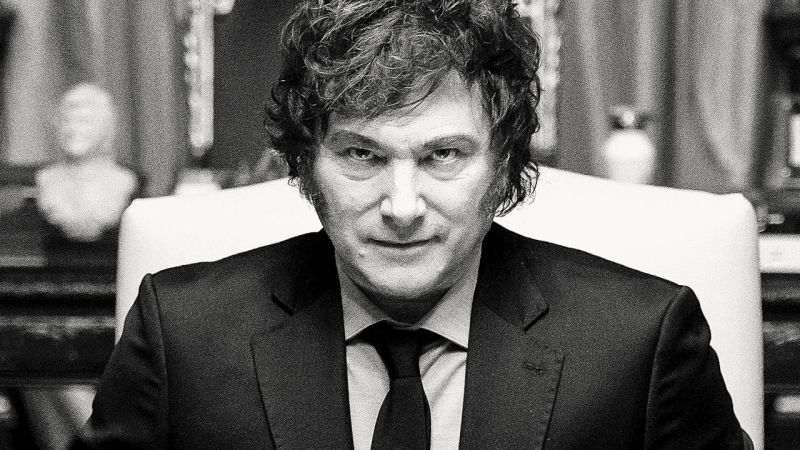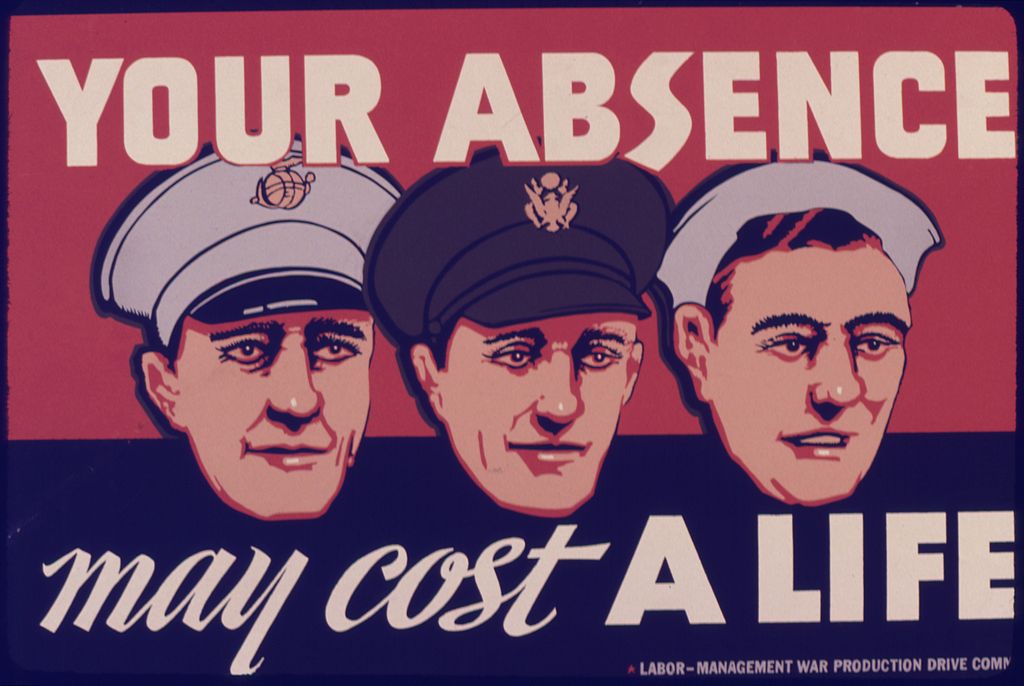If John Locke, the classical liberal philosopher of the seventeenth and early eighteenth century, could, implausibly, be reincarnated right now it would be interesting to get his views on a high-profile trial taking place at the Old Bailey. A group of people have been charged with causing grievous bodily harm (GBH) to each other in relation to entirely consenting sexual activities.
The 29 acts of mutilation have included ‘genital nullification’, the surgical removal of genitalia. One of the defendants, and alleged leader of the group, Marius Gustavson, had his own penis, a nipple and, possibly a little over enthusiastically, an entire leg removed during these escapades. Mr Gustavson had some of the incidents filmed and put out on his ‘Eunoch Maker’ website which subscribers, perhaps surprisingly, paid to watch.
Locke’s starting point was the right to self-ownership of one’s mind and body. In his Two Treatises on Government he stated, ‘every man has a Property in his own person’. This would provide the initial ‘safe space’ (he didn’t actually employ the term himself) from which the individual could then deploy his labour power to create a secondary form of private property.
Regardless of how we may view these extreme sadomasochistic high jinks from an aesthetic perspective, should not latter-day liberals be robustly defending the right of adult individuals to full sexual autonomy? What can be the justification for the state asserting, in effect, a greater right to ownership over our own bodies when it comes to sexual activities than ourselves?
This is reminiscent of the infamous ‘Operation Spanner’ in the late 1980s which involved a group of gay men who likewise engaged in various S&M acts amongst willing participants. Some were even charged with ‘aiding and abetting assaults against themselves’! When the case came to court in 1990, Judge John Rant rejected that consent to such acts was a defence as ‘people must sometimes be protected from themselves.’ One wonders how he would have welcomed being ‘protected’ against himself if aspects of his private life had conflicted with the social mores adhered to by other agents of the British state.
Rant’s interpretation of UK law was further upheld by the House of Lords in the R v. Brown appeal case relating to Spanner and then later by the European Court of Human Rights. The latter body ruled that the UK authorities had a right to ban such acts on the ground of concern for public health. Other countries do, however, have very different approaches to this. In Germany Bondage Domination Sadism Masochism (BDSM) related activities are not illegal, though that county’s authorities did draw the line, famously, at an act of consenting cannibalism. Armin Meiwes, a self-identifying vegetarian, was convicted initially for manslaughter and later, in 2006, for murder. Canada also does not prosecute such cases, and France only if the extent of the injury suffered is considered very high.
The right of the state to interfere in such cases raises the question of whether or not it should also intervene to outlaw other types of consenting activities that involve persons physically injuring and assaulting each other. In Britain boxing is entirely legal yet on occasion some of the participants suffer serious permanent brain and other types of injury, or even killed. Nothing like this was experienced by any of the participants in Gustavson’s circle. Other less violent contact sports like football and rugby can result in dementia and other terminal conditions. ‘Horseplay’ of an aggressive nature even when it results in physical injury is not illegal as things stand, nor undergoing body piercing.
Likewise, it is entirely legal to undergo the cosmetic surgeon’s knife or even procedures that involve the removal of genitalia during a sex change operation. Suicide is now legal after all. The selective application of the law relating to GBH in this case can therefore only rest upon a highly subjective distaste for the fact that the individuals involved gained what is presumed to be sexual pleasure from their actions. The outlawing of BDSM thus rests upon no rationally and consistently applied, defended principle. It is based upon an instinctive, emotive dislike. This is not a basis which liberals can accept as legitimate.
Back at the time of Spanner it seemed apparent that the homosexual nature of what had transpired was a motivating factor the authorities heavy response. Today this is far less likely to be a factor. Given the changed climate of the times, it seems implausible that this is what has driven the British state to press charges. It may be a more generalised attempt to eliminate anything remotely unsettling for the conventional bourgeois moral palate. Hence the current obsession with the nebulous concept of ‘safety’ and desire to ban out of existence words, lines of argument, and, in this case, shared images that provoke disgust and distress.
It is unlikely that John Locke would have encountered much S&M within the social coteries he inhabited, let alone participated in them. However, I cannot see how he – or anyone following in his tradition of thought and politics – could support punishing victimless crimes such as those mentioned above. When Locke wrote about the right of human beings to enjoy life’s ‘innocent delights’ in the state of nature he may not have been thinking explicitly of the sort of activities described above. However, the principle of bodily self-ownership must surely still apply concerning whatever turns us on personally. In his A Letter Concerning Toleration he argued that the coercive power of government should not be used to compel people to pursue a society’s dominant religion. Likewise, no moral or sexual code, whether religious in origin or not, should be imposed upon us today.















